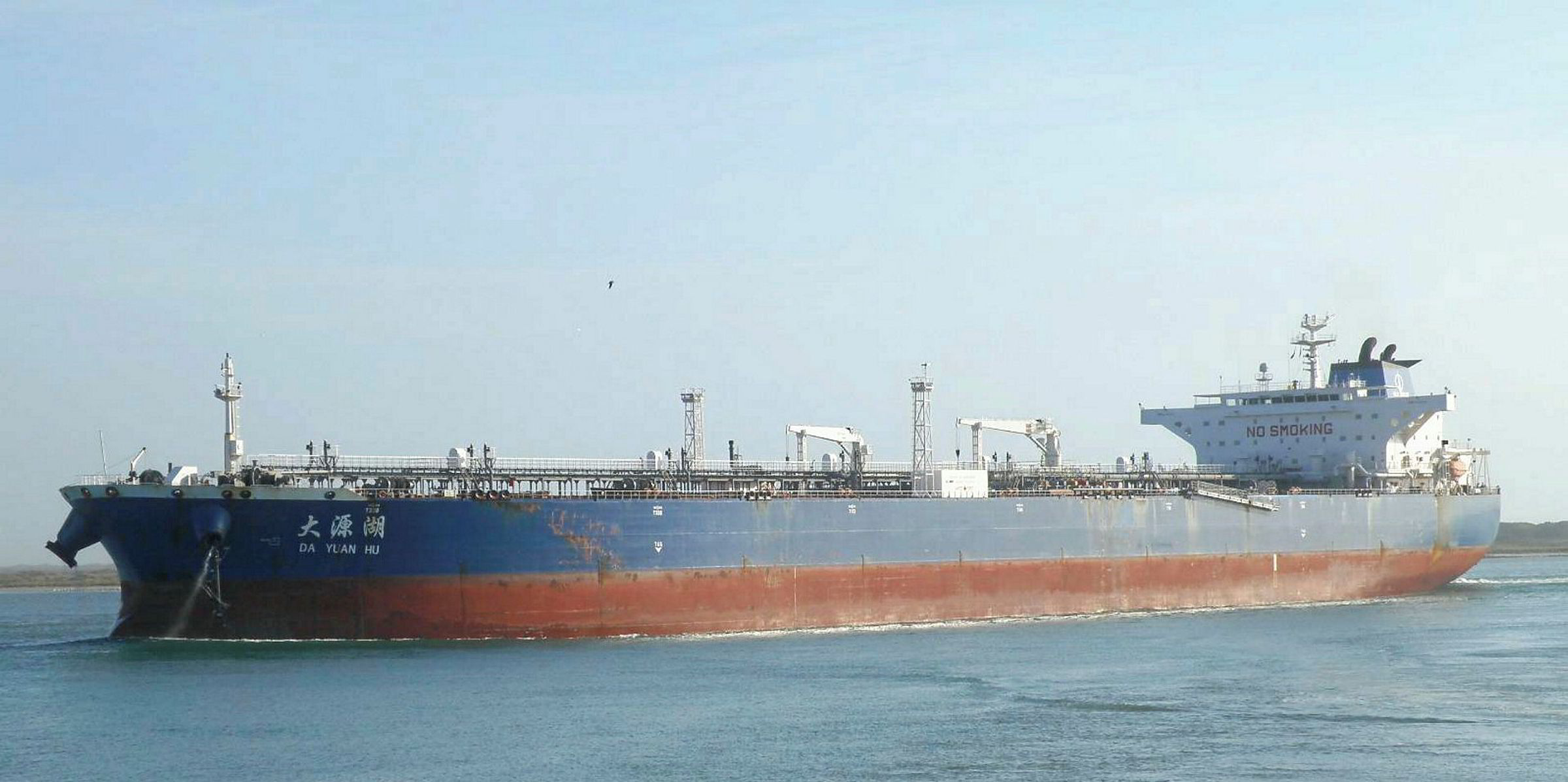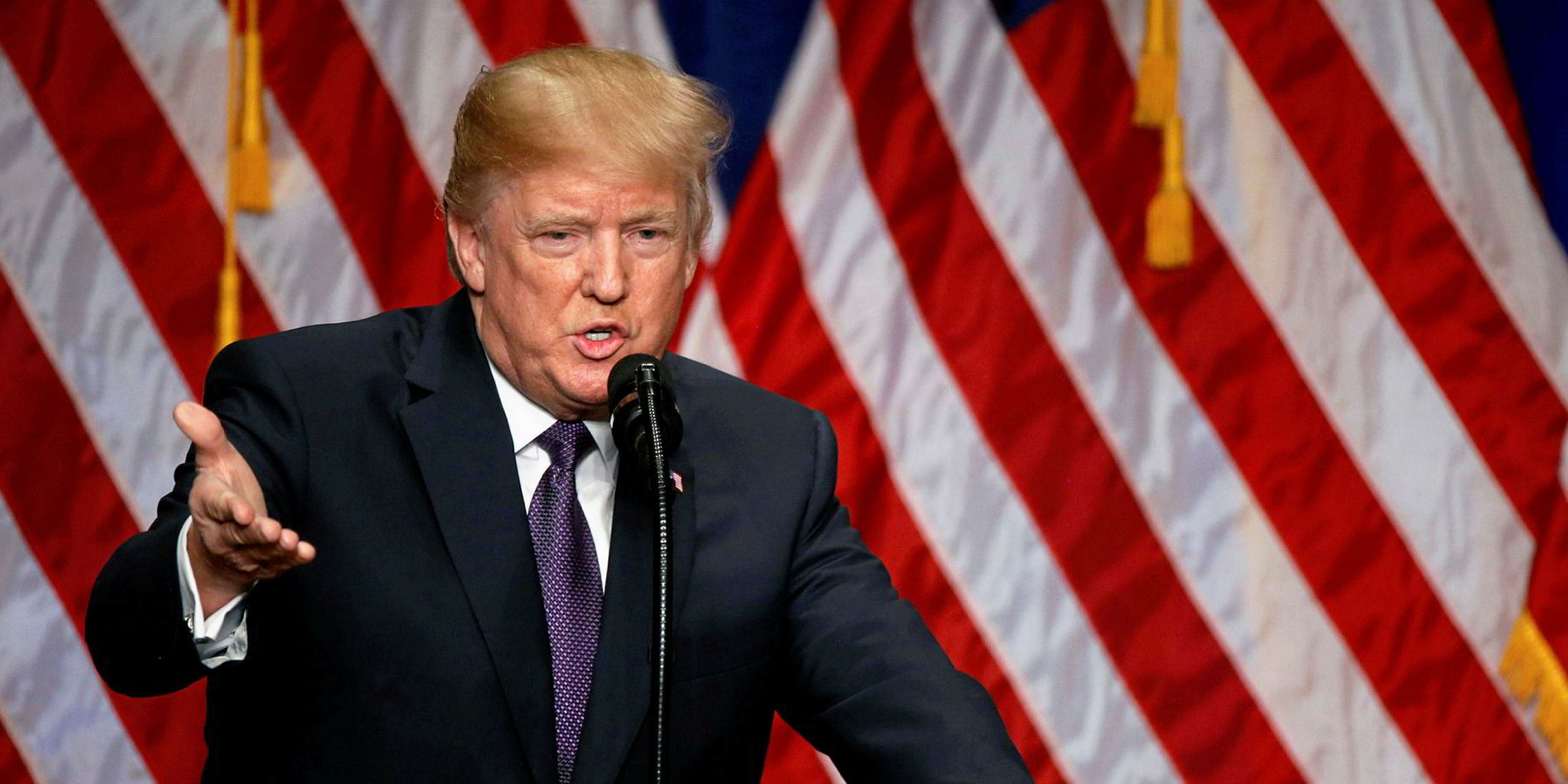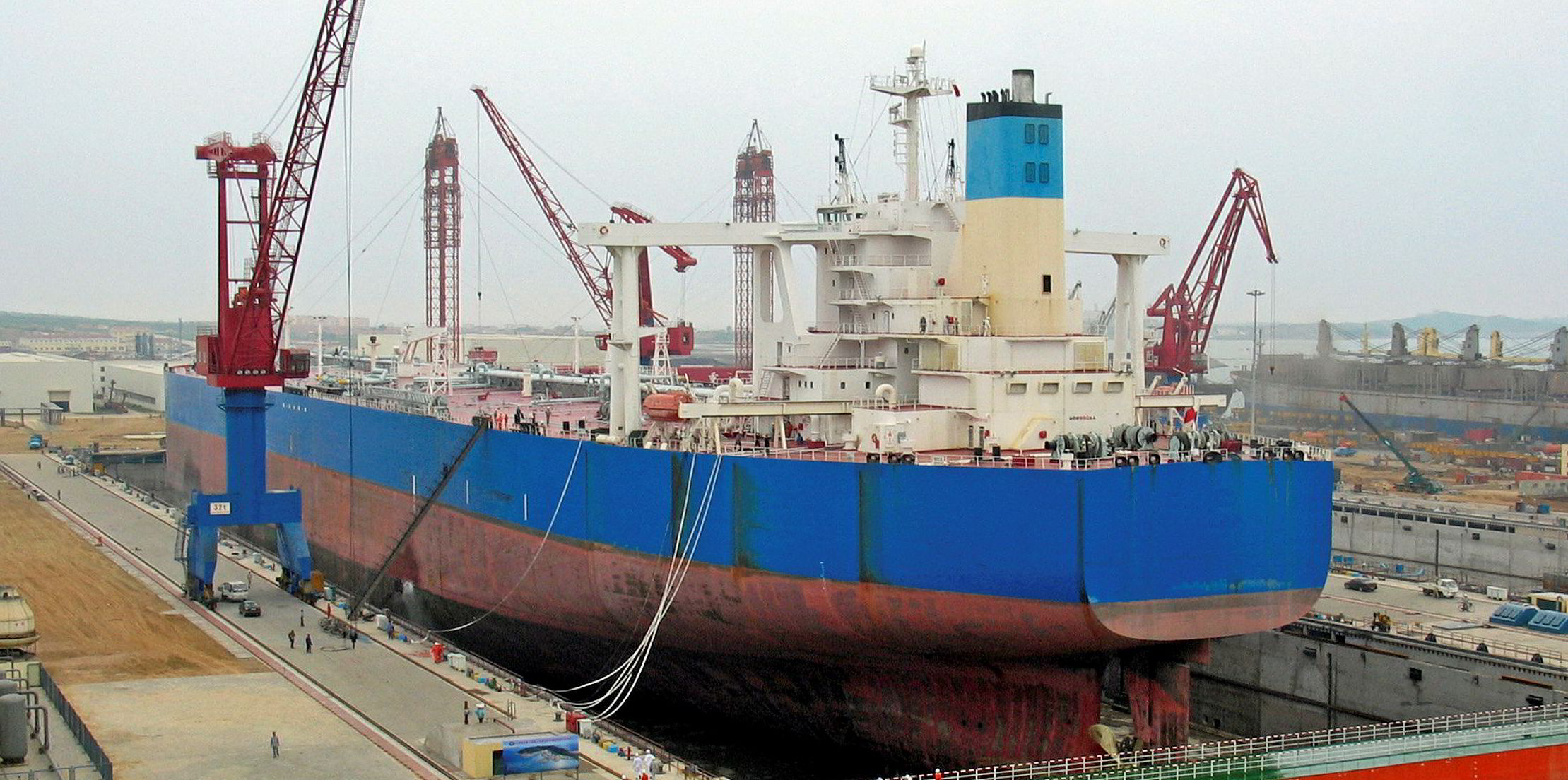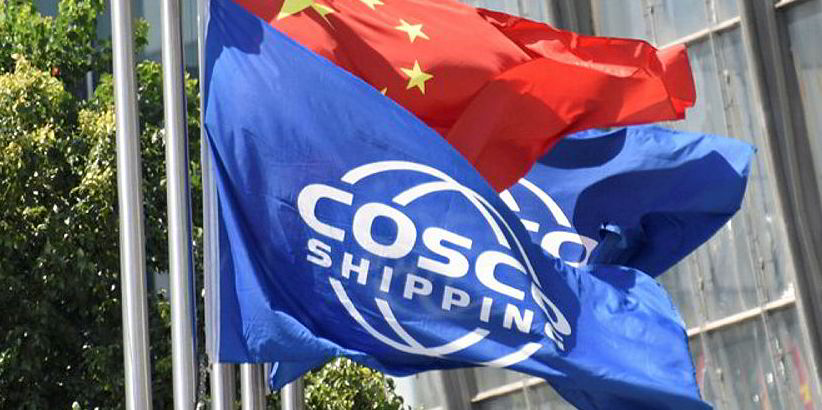Having kept mum about the fleet details of its US-sanctioned subsidiary, Cosco Shipping Tanker (Dalian) Co, the world’s largest oil tanker owner has become increasingly isolated from international shipping.
While Cosco Shipping Energy Transportation (CSET), part of Chinese state conglomerate China Cosco Shipping, can rely on group affiliates for crew, technical management and bunker suppliers, many charterers and brokers are hesitant in continuing their business relationships with CSET since Washington put Cosco Dalian on the sanctions list late Wednesday.
According to market sources, Unipec has replaced at least three CSET VLCCs with tonnage from MOL and China Merchants Energy Shipping for loading from the Middle East Gulf in early October, for shipments to China.
Total has reportedly canceled its booking for the CSET-owned VLCC Yuan Qiu Hu (built 2015), SK Energy for the VLCC Cosmerry Lake (built 2006), Indian Oil Corp for the suezmax Da Yuan Hu (built 2004), Aramco Trading Corp for the LR1 Lian Bai Hu (built 2018), and Trafigura for the LR1 Lian Song Hu (built 2017).
Total declined to comment on the transactions, while other charterers have not responded to requests for comment. While generally owning its oil tanker assets via Cosco Dalian and Cosco Shipping Tanker (Shanghai), CSET has yet to confirm which vessels are under the ownership of the Dalian entity.
Third-part industry databases have been providing conflicted fleet information on Cosco Dalian. Having listed 52 vessels as owned by the entity on Thursday, Clarksons Research suggested Cosco Dalian only owned 11 ships as of Friday afternoon.
“The ownership and management of Cosco vessels is largely opaque with a large number of different entities controlled by parent company Cosco,” Alphatanker said in a note.
“Tanker market participants are unsure of which vessels are sanctioned, which has led charterers to shun all vessels connected to Cosco.”
According to Huatai Research, CSET is potentially facing a significant blow to its bottom line, with 39% of its bet profits contributed by Cosco Dalian in the first half of this year.
“The onus is now on Cosco to state clearly which vessels are controlled by what entity. Moreover, until they publish such information it seems unavoidable that charterers will continue to shun all Cosco vessels,” Alphatanker said.
Squeezed by sanctions
Among other shipping segments, TradeWinds understands shipbrokers are refraining from dealing CSET ships over the fears of violating the US sanctions. Such a violation would bar them from accessing the US financial systems.
“Can you imagine not being able to receive payment of commissions?” one of them asked.
As for pool managers, Navig8 Group, which commercially manages the CSET-owned VLCC Xin Lian Yang (built 2014), has initiated a legal review of the business link. Gard, Skuld, the West of England, Steamship Mutual and the UK P&I Club, which provide cover to Cosco Dalian, are understood to be taking legal advice on what action to take.
Other than Cosco Dalian, the US has also put Cosco Shipping Tanker (Dalian) Seamen and Ship Management, Kunlun Shipping, Kunlun Holding Company, China Concord Petroleum, Pegasus 88 Ltd, and five Chinese individuals on the sanctions list for allegedly violating Iran-related sanctions.
The announcement, which came before next week’s bilateral trade talks between China and the US, has provided little information on how the sanctions were violated.
“I think Washington is being deliberately vague, so the Chinese firms will feel maximum pressure,” said a broker.
China, which has continued Iranian crude imports albeit at a reduced volume, has protested against the sanctions and defended its right to trade with Iran.
“China has stressed many times that the normal energy cooperation between Iran and the international community, including China, under the framework of international law is lawful and justifiable,” foreign ministry spokesman Geng Shuang said.
“In disregard of the legitimate rights and interests of all parties, the US has been wantonly wielding the stick of sanctions.”






